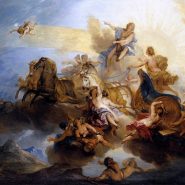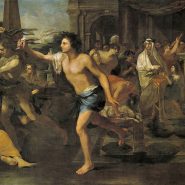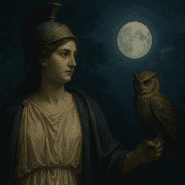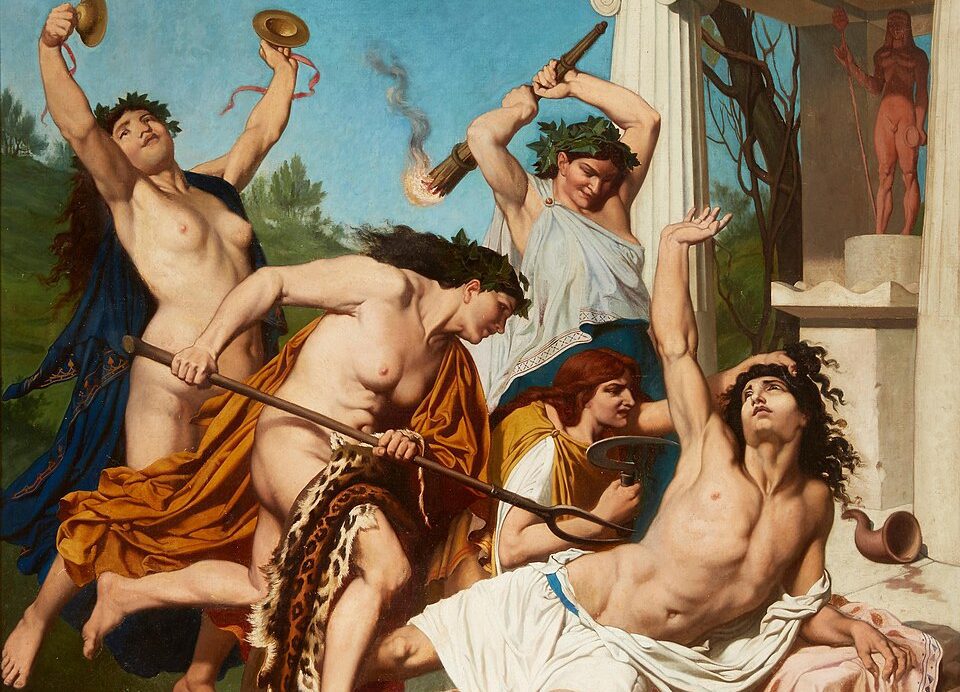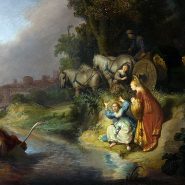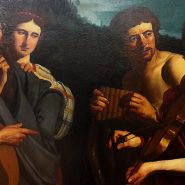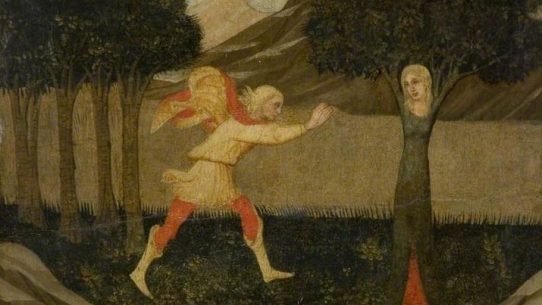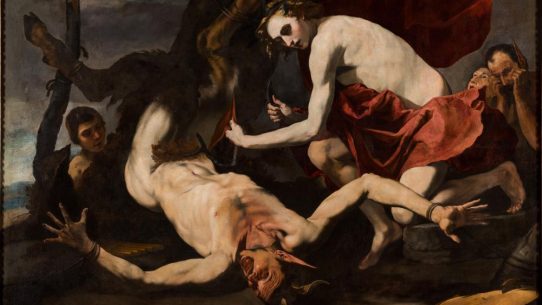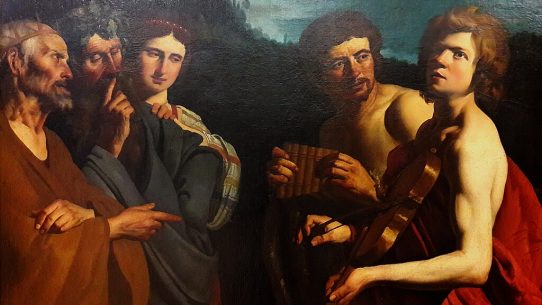Orpheus was the poet who could charm stone and storm alike, the musician whose song softened even the heart of death. Yet his life did not end with Eurydice’s loss.
His death, told in Ovid’s Metamorphoses and echoed throughout Roman literature, becomes a final meditation on beauty, grief, and the limits of divine favor.
The story of his end reveals how art, born from pain, can survive its maker and become immortal in memory.
Characters and Setting
After his failed attempt to rescue Eurydice from the underworld, Orpheus wanders through Thrace, a land of wild hills and echoing rivers. He shuns the love of women and dedicates himself entirely to Apollo, god of light and harmony.
With his lyre, he sings of the stars’ order, of the gods’ wisdom, and of the sorrow that shaped his soul. The beasts still follow him, and the trees bend closer to hear. Yet his solitude, serene at first, draws the envy and scorn of others. His devotion to art becomes a mirror reflecting the restless passions he has renounced.
Life in Solitude
For a time, Orpheus finds peace in song. He teaches that all things — rivers, clouds, winds, and hearts — are bound by harmony. His melodies tame the wild, reminding mortals that beauty is not indulgence but understanding.
Yet in withdrawing from mortal affection, he offends the followers of Bacchus, whose worship exalts frenzy and freedom. To them, his discipline mocks their ecstasy. The quiet of his music seems an insult to the roar of their drums.
The Maenads’ Fury
One spring, as the Maenads celebrate their sacred rites, their cries echo through the forest. The air grows thick with the scent of wine and ivy. When they come upon Orpheus playing beside a stream, his calm enrages them. They hurl stones, but the stones fall harmlessly at his feet, turned aside by the power of his song. They scream louder, and the clash of their flutes and drums drowns the melody.
When the music can no longer be heard, the spell breaks. They seize him and tear him apart in frenzy, scattering his limbs through the hills of Thrace. His head and lyre, still singing faintly, are cast into the river Hebrus, which carries them to the sea.
The Journey of the Lyre
The river bears Orpheus’s voice like an elegy. The waters murmur with his last refrain, and even the waves at Lesbos seem to echo it. The island becomes the cradle of song in his honor. Fishermen hear faint notes rising from the foam, and poets swear that the winds of that coast carry a hidden rhythm still.
His lyre, lifted by Apollo to the stars, becomes a constellation — the Lyra — reminding mortals that harmony outlives grief.
Divine Pity and Legacy
When Jupiter learns of Orpheus’s death, he commands that no bird or beast should harm his remains. The Muses, his mother Calliope among them, gather his limbs and bury them at the foot of Mount Olympus.
From his grave springs a grove where the trees sway gently even without wind. There, nightingales sing with unmatched sweetness, as though remembering his music.
The poet who once called back the dead is now himself remembered by the living, and his story becomes a hymn of transformation — from suffering to art, from love to immortality.
Symbolism and Interpretation
In Roman philosophy, Orpheus’s death stands as an allegory for the tension between order and chaos, intellect and passion. His devotion to Apollo signifies clarity, measure, and light; the Maenads, followers of Bacchus, embody ungoverned emotion and ecstasy. Their conflict is not only divine but human — the eternal struggle between art’s discipline and the world’s disorder.
His dismemberment becomes the fragmentation of the soul by the forces it seeks to master. Yet his enduring song symbolizes the triumph of meaning over ruin. Even broken, Orpheus continues to create harmony from pain.
Cultural Legacy
Roman poets and philosophers saw Orpheus as more than a mythic musician. He was the priest of moral and cosmic order, the figure who taught that beauty restores balance to chaos.
His myth inspired mystery cults and religious reform, including the Orphic rites, which preached purification through music and contemplation. In art, he appears surrounded by animals, a symbol of civilization’s triumph over barbarity.
His voice, carried beyond death, became Rome’s metaphor for the enduring power of art — that the poet dies, but the song endures.
Gods involved: Apollo, Bacchus, Jupiter
Based on classical sources in the public domain, including Ovid’s Metamorphoses and Virgil’s Georgics, with translations available via Project Gutenberg and Wikisource.
